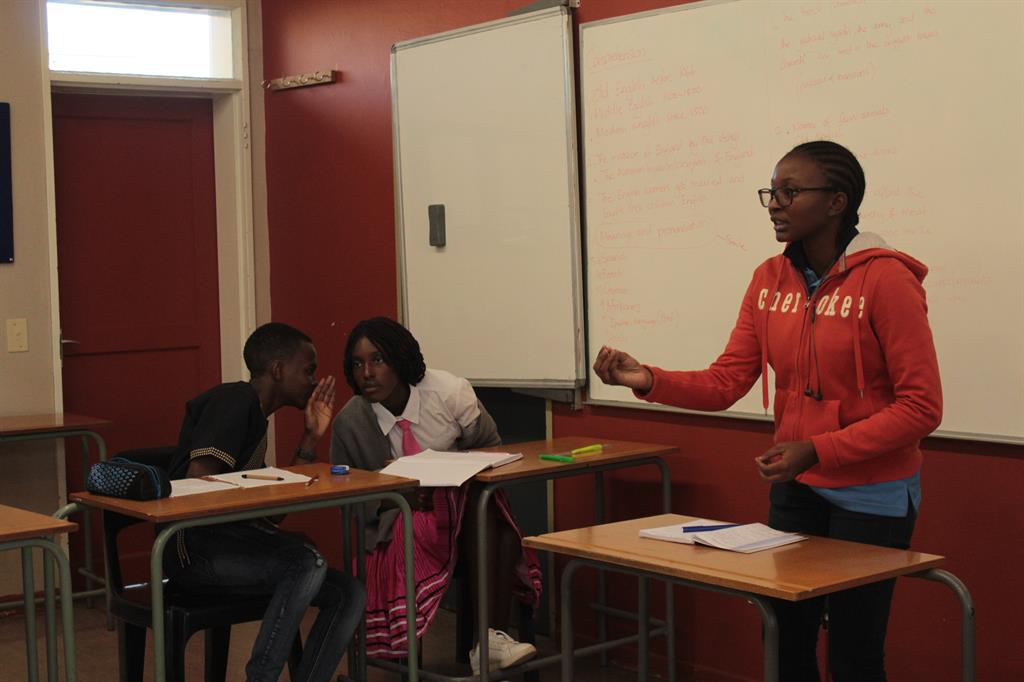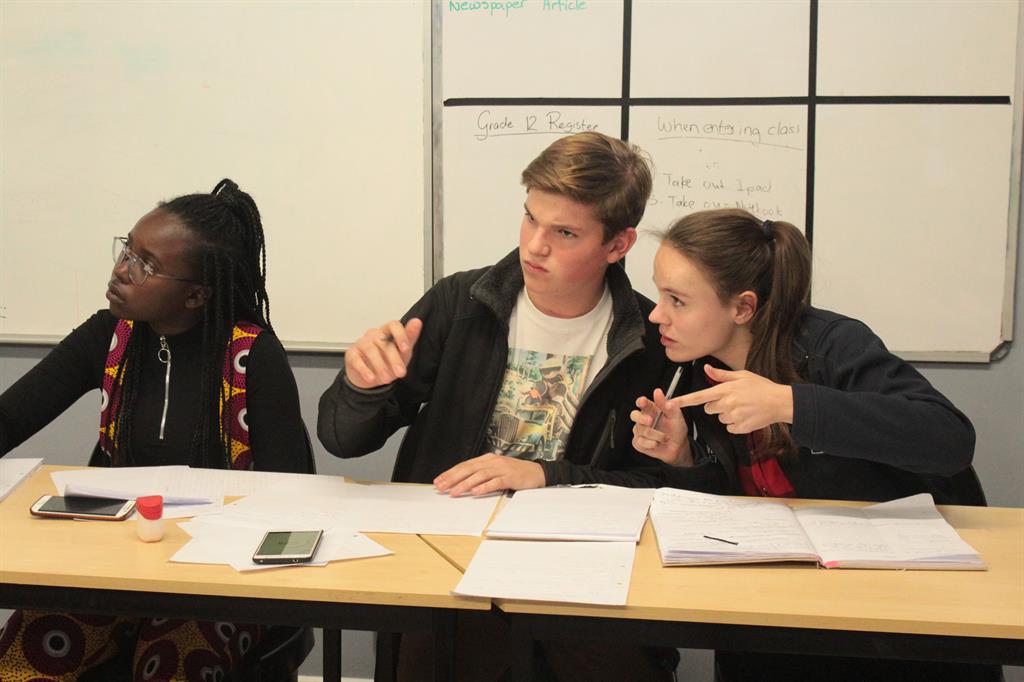Improving Africa through constructive debate
Ester KamatiThe 2019 Day of the African Child Debate and Public Speaking Championships knockout rounds were held at the St George's Diocesan School on 14 June. Sixteen schools from the Khomas Region were hosted, with the Namibia Debate Union playing a key role.
With the Day of the African Child as a motivator, tournament director Jonas Nekomba who is the debate coordinator at St George's decided that this would be a good platform for Namibian scholars to openly discuss matters affecting children in Africa.
The debate championship was established in 2018 under the notion that Africa's transformation lies in the hands of the youth.
Nekomba deemed it vital for scholars to speak and argue on issues affecting not only the youth in Africa but the continent as a whole.
The debate motions were specifically chosen to relate to an African context when it comes to the economy, social welfare as well as women and youth empowerment, according to Nekomba.
“The idea also involved trying to find solutions to these problems in society,” he added.
In its first year, the competition had 32 teams participating, which was a large number for the school to accommodate.
“This year we reduced them to only one team per school and we have 16 schools participating this year,” said Nekomba.
One of the debaters, Rou-Ché Kahiieke from Windhoek Gymnasium, said platforms such as these are vital as they allow youth to voice their opinions on matters that affect them, as well as develop their speaking skills.
The adjudicators for the tournament comprised of university debaters, as well as teachers who have received adjudication training. The cash prize for the winning team is N$5 000, while second place nets N$3 000 and best public speaker receives N$1 000 at the finals scheduled for this week.
Shoki Kandjimi, the vice-chairperson of Namibia National Students Organisation (Nanso) in the Khomas Region delivered the opening remarks at the tournament.
Kandjimi emphasised the potential children have to enrich decision-making and participate as actors of change, and that this should be recognised as we observe the Day of the African Child.









Comments
My Zone
No comments have been left on this article